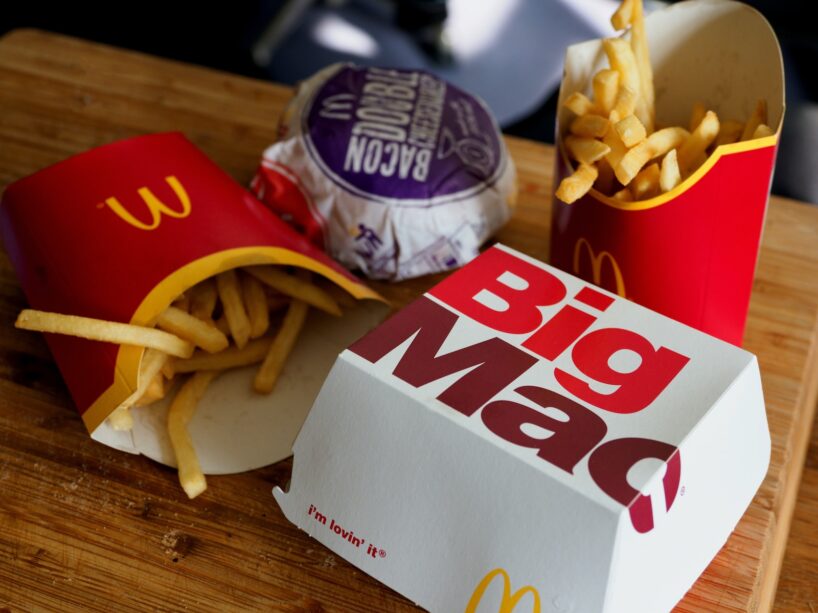The food industry in America has a reputation for using some controversial and often shocking ingredients in its products. Some of these ingredients are legal, but others are banned in other countries. Here are some examples of the most shocking ingredients used in American food:
List of controversial chemicals and ingredients
- Pink Slime: Pink slime, also known as lean finely textured beef (LFTB), is a meat byproduct made from leftover trimmings of beef that are processed and treated with ammonia to kill bacteria. It's used as a filler in ground beef and other meat products. Pink slime was the subject of controversy in 2012 when it was revealed that it was being used in many fast foods
- High-fructose corn syrup (HFCS) is a sweetener made from corn starch that's used in many processed foods and drinks. It's been linked to obesity, diabetes, and other health problems.
- Azodicarbonamide: Azodicarbonamide is a chemical used as a dough conditioner in bread and baked goods. It's also used to make yoga mats and shoe soles. It's banned in many countries, including the European Union and Australia because it's been linked to respiratory problems.
- Butylated Hydroxyanisole (BHA) and Butylated Hydroxytoluene (BHT): BHA and BHT are preservatives used in many processed foods to prevent spoilage. They've been linked to cancer and other health problems.
- Brominated Vegetable Oil (BVO): BVO is used in some citrus-flavored drinks to keep the flavoring from separating from the liquid. It's also used as a flame retardant. It's been banned in many countries, including the European Union and Japan because it's been linked to health problems.
- Artificial Colors: Artificial colors, such as Red 40 and Yellow 5 are used to make food more appealing. They've been linked to hyperactivity and other behavioral problems in children.
- Sodium Nitrite and Sodium Nitrate are used as preservatives in many processed types of meat. They've been linked to cancer and other health problems.
Most of these ingredients are legal and approved by the FDA
While most of these ingredients are legal and approved by the FDA. They have raised concerns among many consumers and health experts. It's important to read food labels carefully and be aware of the ingredients in the foods we eat.
While the use of controversial ingredients in American food products has raised concerns among many consumers and health experts, some of these ingredients have also been banned in other countries. In some cases, this has led to restrictions on the export of American food products.
Growth hormones in beef has been banned in the European Union
For example, the use of growth hormones in beef has been banned in the European Union since 1988, and as a result, American beef that has been treated with growth hormones is not allowed to be sold in the EU. Similarly, the use of ractopamine, a feed additive that promotes lean muscle growth in pigs and cattle, has been banned in many countries, including China, Russia, and the EU.
In addition, some food additives that are legal in the US have been banned or restricted in other countries.
Restrictions and bans have led some American food producers to reformulate their products
These restrictions and bans have led some American food producers to reformulate their products to meet the standards of other countries. For example, McDonald's announced in 2011 that it would stop using "pink slime" in its beef products in response to public backlash, and some American beef producers have started to raise hormone-free and antibiotic-free cattle to meet the standards of export markets.







